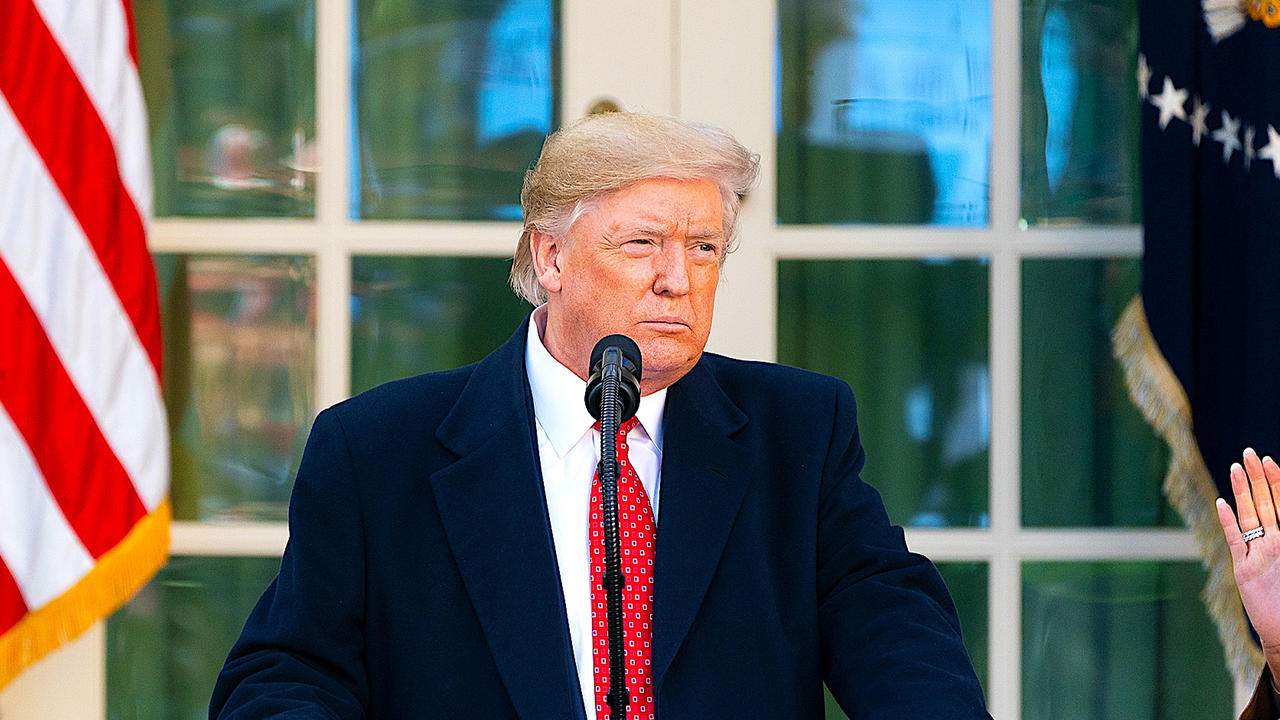Judge Cannon’s Ruling on Trump’s Special Master Request

Judge cannon – On September 15, 2022, Judge Aileen Cannon of the United States District Court for the Southern District of Florida granted former President Donald Trump’s request for a special master to review documents seized from his Mar-a-Lago residence by the FBI on August 8, 2022.
Judge Cannon’s decision was based on her finding that Trump had a “sufficient personal interest” in the seized documents and that the appointment of a special master would help to ensure a “just, speedy, and inexpensive resolution” of the case.
Legal Basis for the Decision
Judge Cannon’s decision was based on Rule 41(g) of the Federal Rules of Criminal Procedure, which allows a court to appoint a special master to review seized property and make recommendations to the court.
Judge Cannon’s recent ruling has sparked a media frenzy, with many wondering about its implications for the upcoming trial. As the daughter of former President Donald Trump, Tiffany Trump has been closely following the case, as it could potentially impact her father’s political future.
Judge Cannon’s decision has raised questions about the impartiality of the judiciary and the potential for political interference in the legal process.
In her ruling, Judge Cannon found that Trump had a “sufficient personal interest” in the seized documents because they were taken from his home and contained potentially privileged information.
Judge Cannon also found that the appointment of a special master would help to ensure a “just, speedy, and inexpensive resolution” of the case by providing an independent review of the seized documents and making recommendations to the court on which documents should be returned to Trump and which documents should be turned over to the government.
Judge Cannon’s recent rulings have sparked controversy, bringing to mind the themes explored in the hillbilly elegy movie. This film delves into the complexities of poverty and the challenges faced by those living in forgotten communities. Judge Cannon’s decisions have highlighted the ongoing struggles and inequalities that persist in society, reminding us of the importance of addressing these issues and finding solutions that empower all citizens.
Potential Implications of the Ruling
Judge Cannon’s ruling has the potential to significantly impact the ongoing investigation into Trump’s handling of classified documents.
The appointment of a special master could delay the investigation by giving Trump’s lawyers more time to review the seized documents and make arguments for why they should not be turned over to the government.
The special master could also make recommendations to the court that could limit the government’s access to the seized documents, which could make it more difficult for prosecutors to build a case against Trump.
Judge Cannon’s Background and Qualifications

Judge Aileen Cannon was born in 1969 and raised in Florida. She earned her undergraduate degree from the University of Florida and her law degree from the University of Miami School of Law. After graduating from law school, Cannon worked as an attorney in private practice for several years before becoming a federal prosecutor in the Southern District of Florida.
In 2005, Cannon was appointed by President George W. Bush to the United States District Court for the Southern District of Florida. She is the first woman to serve as a federal judge in that district.
Education and Legal Experience, Judge cannon
- Bachelor’s degree from the University of Florida
- Law degree from the University of Miami School of Law
- Attorney in private practice
- Federal prosecutor in the Southern District of Florida
Previous Judicial Appointments
- United States Magistrate Judge for the Southern District of Florida (2003-2005)
- United States District Judge for the Southern District of Florida (2005-present)
Record on Similar Cases
Judge Cannon has a limited record on cases involving national security and executive privilege. In one case, she ruled that the government could not compel a witness to testify about conversations with the President without first providing a “compelling need” for the testimony.
Potential Conflicts of Interest or Biases
Judge Cannon has been criticized by some for her conservative views and her appointment by President Trump. However, there is no evidence that she has ever allowed her personal beliefs to influence her rulings.
Legal Analysis of Judge Cannon’s Decision

Judge Cannon’s decision to grant Trump’s request for a special master has been met with mixed reactions. Some legal experts have praised the decision, arguing that it is a necessary step to protect Trump’s due process rights. Others have criticized the decision, arguing that it is an unnecessary delay tactic and that it could set a dangerous precedent.
The legal arguments presented by both sides in the case are complex and nuanced. However, the central issue at stake is whether Trump is entitled to a special master to review the documents seized from his Mar-a-Lago residence.
Trump’s lawyers have argued that he is entitled to a special master because he is a former president and because the documents seized from his residence may contain privileged information. The government has argued that Trump is not entitled to a special master because he is not a current president and because the documents seized from his residence are not privileged.
Judge Cannon’s reasoning in her ruling is based on the following legal principles:
– The Fourth Amendment to the U.S. Constitution protects against unreasonable searches and seizures.
– A special master is a court-appointed official who can review seized materials to determine if they are privileged.
– Trump is a former president and is entitled to certain due process protections.
Judge Cannon’s decision is likely to be challenged on appeal. The government has already indicated that it will appeal the decision, and it is likely that Trump will also appeal if the decision is not favorable to him.
The outcome of any appeal will depend on the legal arguments presented by both sides and the legal principles that the appellate court applies to the case.
Strengths of Judge Cannon’s Reasoning
There are several strengths to Judge Cannon’s reasoning in her ruling. First, she correctly applies the Fourth Amendment to the U.S. Constitution to the facts of the case. Second, she correctly identifies the role of a special master in reviewing seized materials. Third, she correctly recognizes that Trump is a former president and is entitled to certain due process protections.
Weaknesses of Judge Cannon’s Reasoning
There are also several weaknesses to Judge Cannon’s reasoning in her ruling. First, she does not adequately address the government’s argument that Trump is not entitled to a special master because he is not a current president. Second, she does not adequately address the government’s argument that the documents seized from Trump’s residence are not privileged. Third, she does not adequately consider the potential consequences of her decision, such as the delay it will cause in the investigation of Trump.
Potential Legal Challenges to Judge Cannon’s Decision
There are several potential legal challenges to Judge Cannon’s decision. First, the government could argue that she erred in applying the Fourth Amendment to the facts of the case. Second, the government could argue that she erred in identifying the role of a special master in reviewing seized materials. Third, the government could argue that she erred in recognizing that Trump is a former president and is entitled to certain due process protections.
Likelihood of Success of Potential Legal Challenges
The likelihood of success of any potential legal challenges to Judge Cannon’s decision is difficult to predict. However, it is likely that the government will appeal the decision, and it is also likely that Trump will appeal if the decision is not favorable to him. The outcome of any appeal will depend on the legal arguments presented by both sides and the legal principles that the appellate court applies to the case.